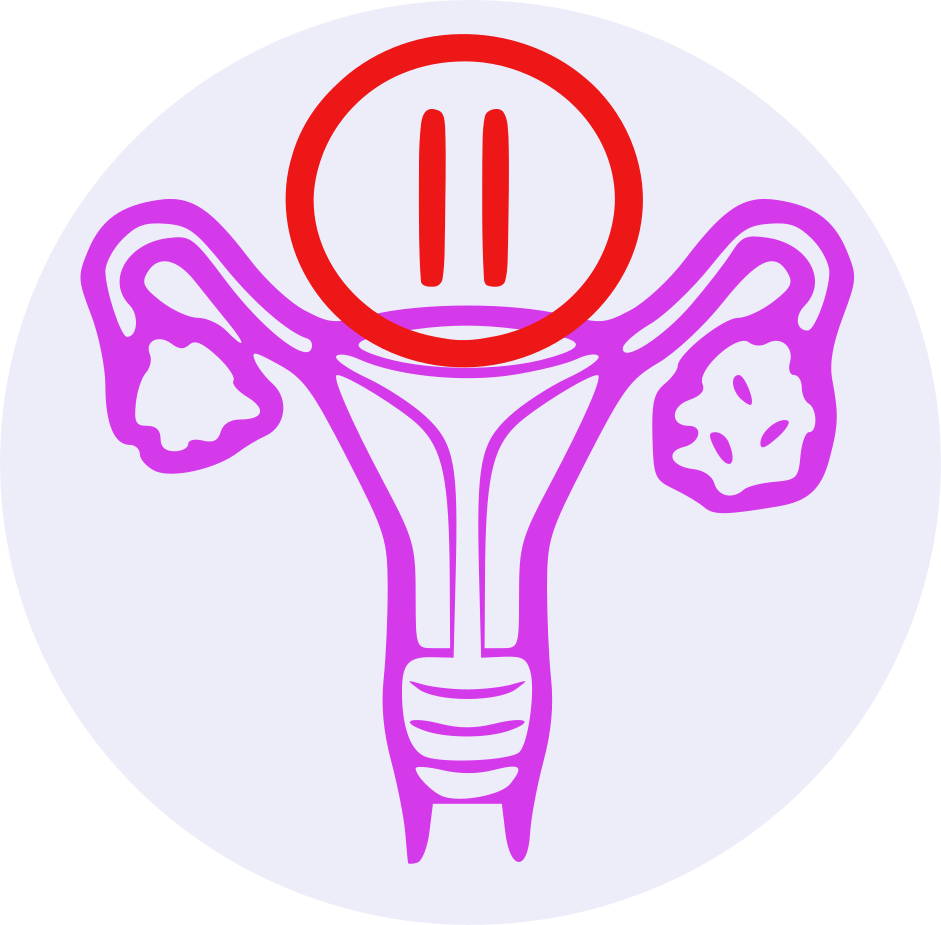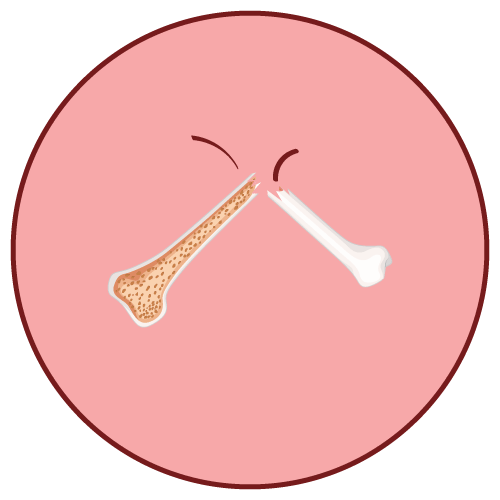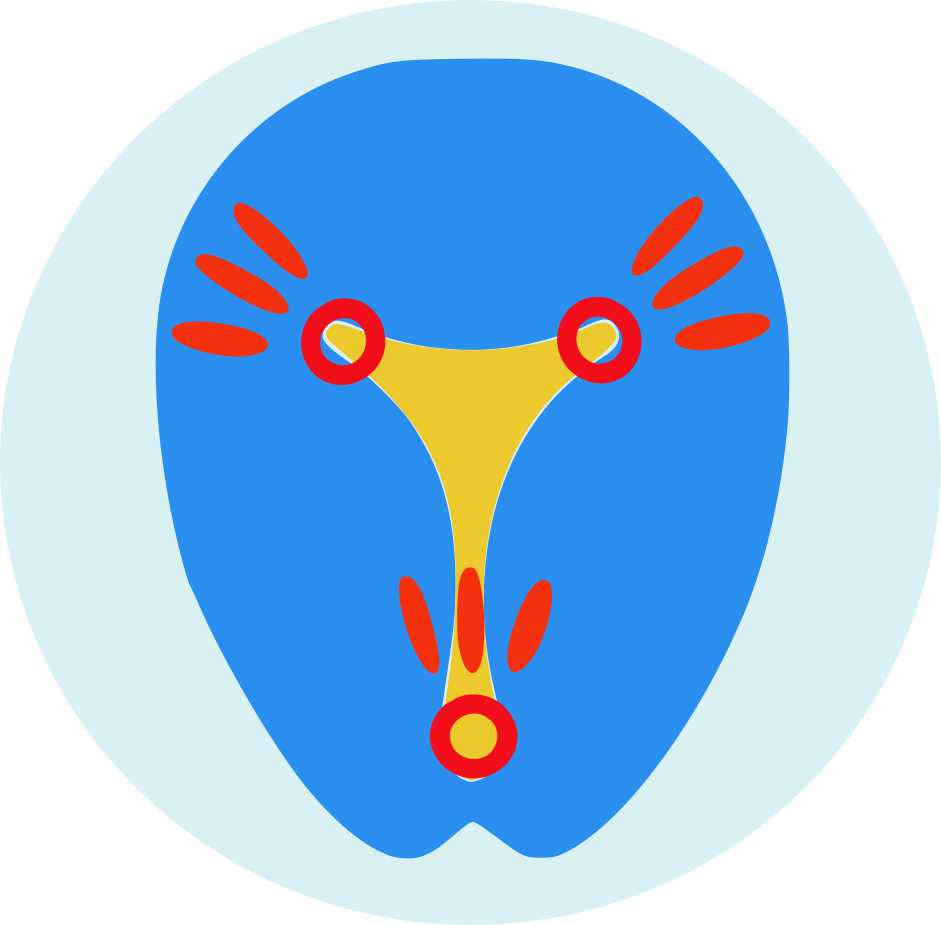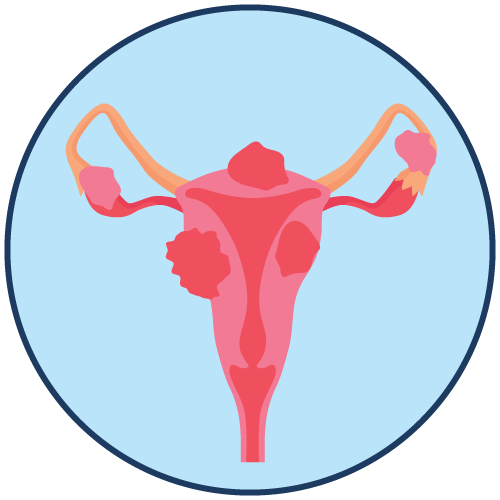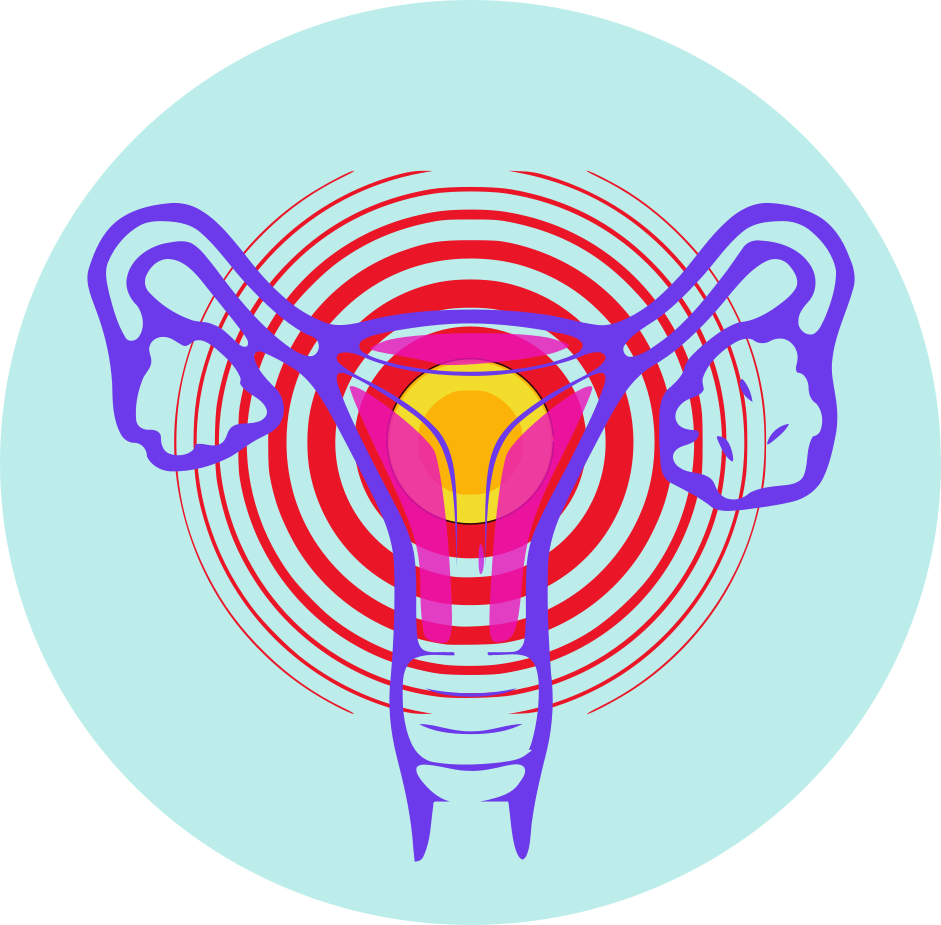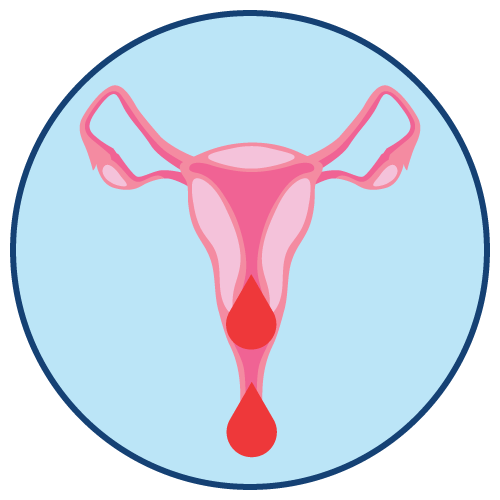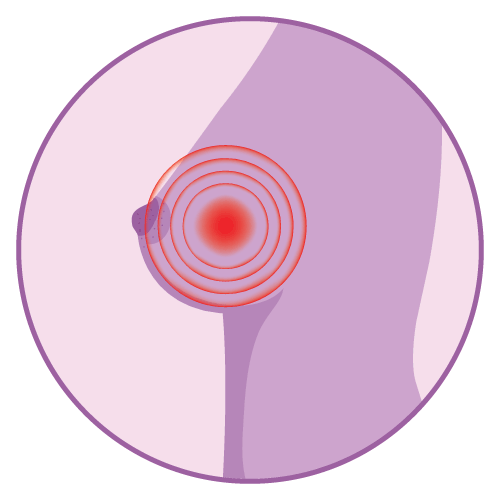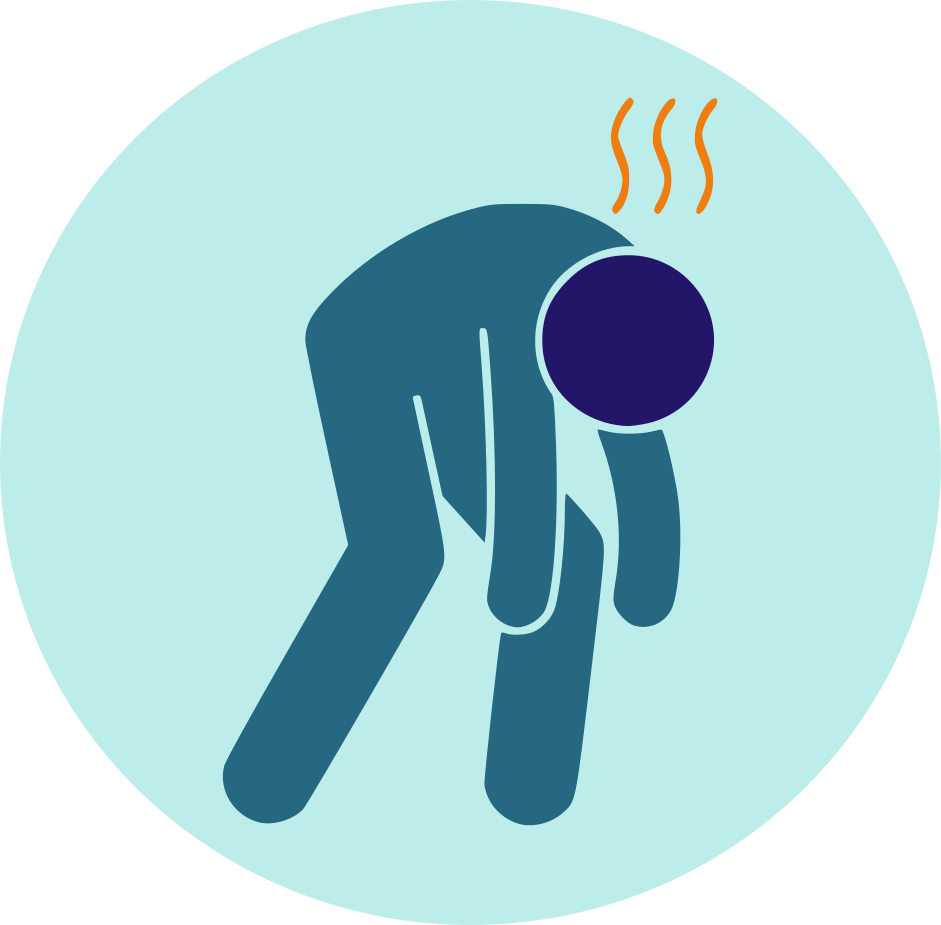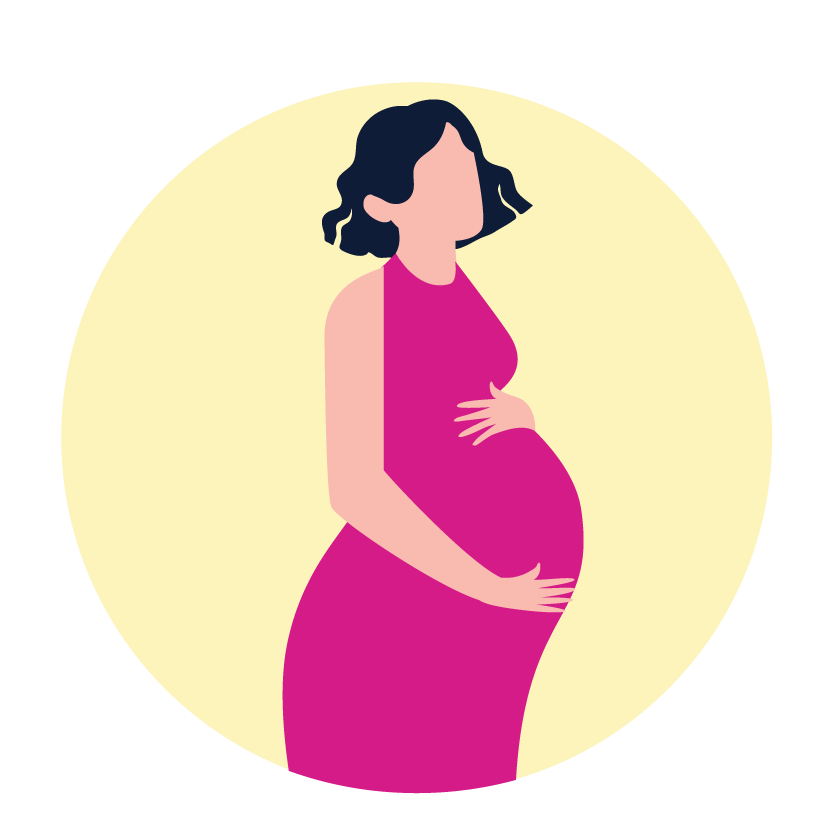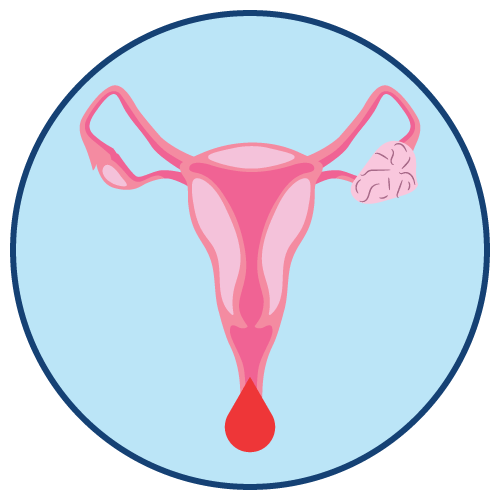| Name | Dydrogesterone |
| Classes |
Hormonal Agent Sex Hormone Steroid |
| Diseases |
Endometriosis Hormonal Disorder Hormone Replacement Therapy(HRT) Infertility Menstrual Disorder Miscarriage |
Dydrogesterone
Dydrogesterone is a synthetic progestin that exhibits progestational activity. It acts on the endometrium, preparing it for the potential implantation of a fertilized egg. Dydrogesterone supports the maintenance of pregnancy by preventing excessive growth and shedding of the endometrial lining.
Dydrogesterone is indicated for the following conditions-
- Symptomatic relief of mild to moderate vasomotor symptoms associated with menopause.
- Prevention of postmenopausal osteoporosis
- Dysmenorrhoea
- Endometriosis
- Secondary amenorrhoea
- Irregular menstrual cycles
- Uterine bleeding
- Relief of mild to moderate vasomotor symptoms associated with menopause/prevention of postmenopausal osteoporosis/Continuous Sequential Therapy: An estrogen is administered continuously, and a 10 mg dydrogesterone tablet is added for the final 14 days of each 28-day cycle in a sequential manner.
- Cyclic Therapy: When estrogen is administered cyclically with a treatment-free interval, typically 21 days on and 7 days off, one 10 mg dydrogesterone tablet is added for the last 12-14 days of estrogen therapy.
- Dysmenorrhea: 10 mg taken twice daily from day 5 to day 25 of the menstrual cycle.
- Endometriosis: 10 mg two or three times daily from day 5 to day 25 of the cycle or continuously.
- Stopping Dysfunctional Bleeding: 10 mg taken twice daily for five to seven days. Dydrogesterone should be administered with estrogen.
- Prevention of Dysfunctional Bleeding: 10 mg taken twice daily from day 11 to day 25 of the cycle. Dydrogesterone should be given with estrogen.
- Amenorrhea: Administer estrogen once daily from day 1 to day 25 of the cycle, along with 10 mg dydrogesterone taken twice daily from day 11 to day 25 of the cycle.
- Irregular Cycles: 10 mg taken twice daily from day 11 to day 25 of the cycle.
- Threatened Miscarriage: Administer 40 mg at once, followed by 10 mg every eight hours until symptoms remit.
Common side effects associated with dydrogesterone include-
- Headache
- Breast Pain or Tenderness
- Nausea
- Fatigue
- Mood Changes
- Thromboembolic Disorders: Use with caution in individuals with a history of thromboembolic disorders.
- Breast Cancer: Evaluate risks and benefits in patients with a history of breast cancer.
- Liver Function: Monitor liver function in patients with pre-existing liver disease.
- Pregnancy and Lactation: Dydrogesterone is contraindicated during pregnancy and lactation.
Contraindication
Contraindicated in individuals with known hypersensitivity to dydrogesterone or its components.
None known.
- Pregnancy: Dydrogesterone is contraindicated in pregnant women.
- Undiagnosed Vaginal Bleeding: Avoid use in cases of undiagnosed abnormal vaginal bleeding.
 Bangla
Bangla English
English